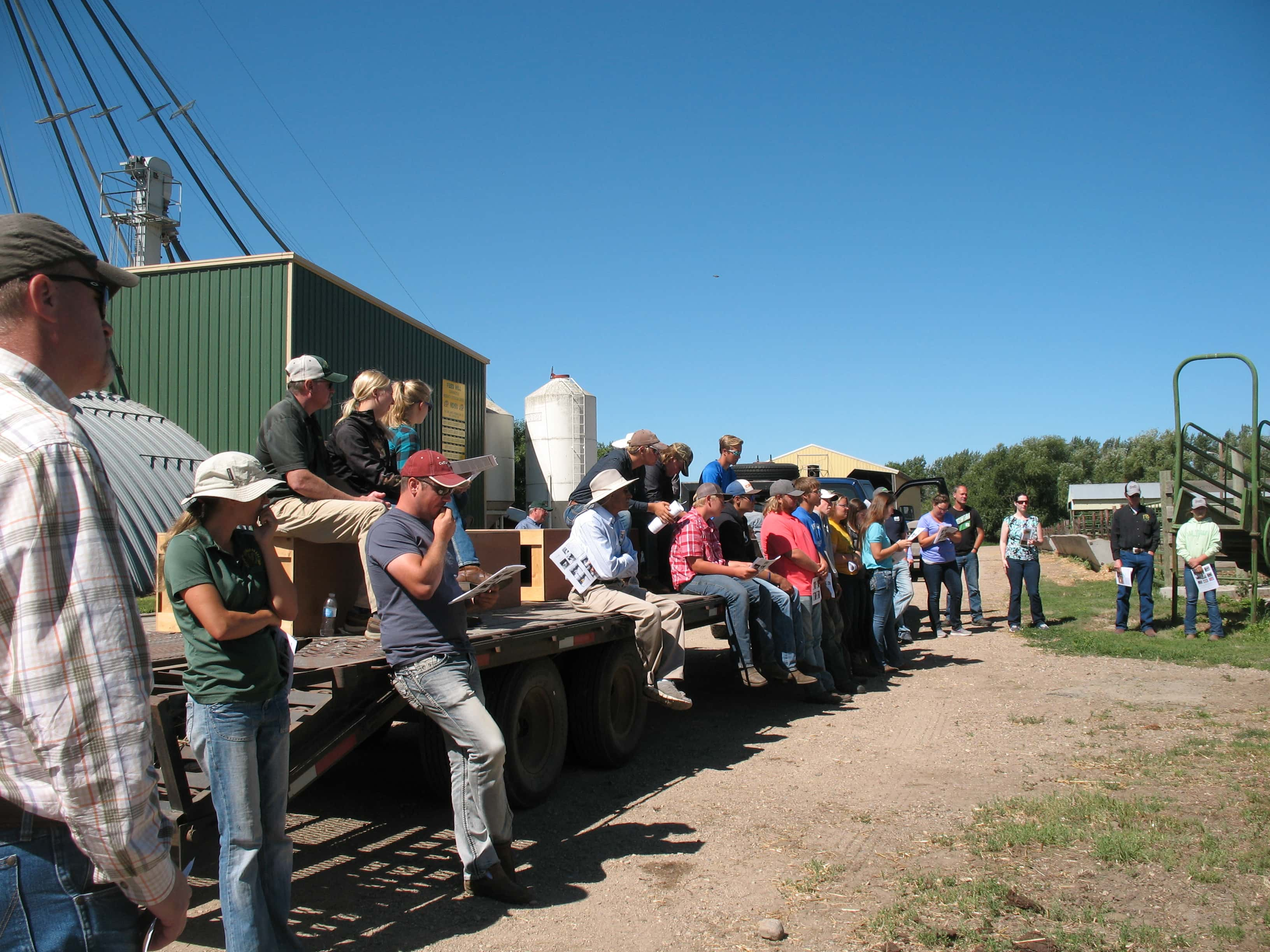
CARRINGTON, N.D. (NewsDakota.com) – Nutritional management of beef cattle, managing soil compaction in grazed cover crops and grilling the perfect steak are a few of the topics scheduled for the beef production field tour July 16 at North Dakota State University’s Carrington Research Extension Center (CREC).
This program is one of several educational events that will be held at the center that day. July 16 marks the 60th annual field day at the CREC.
The field day program will begin at 9 a.m. with coffee and a welcome. The beef tour will depart at 9:30 and continue until noon.
Agronomy, Northern Hardy Fruit Project and sustainable agriculture/organic tours also will be held in the morning. Other agronomy events will be held in the afternoon.
Topics and speakers for this year’s beef production program are:
- Sulfur concentrations and bunk management with rations including modified distillers grains with solubles – Bryan Neville, animal scientist, CREC
- Mineral supplementation for beef cattle – Kacie McCarthy, graduate student, NDSU Animal Sciences Department
- Sulfur and bull fertility – Cierrah Kassetas, graduate student, NDSU Animal Sciences Department
- Feeding soybean hulls to dry lot cows – Rebecca Moore, graduate student, NDSU Animal Sciences Department and CREC
- Success in cattle feeding with the Dakota Feeder Calf Show feedout – Karl Hoppe, Extension livestock systems specialist, CREC
- Effects of soil compaction when livestock graze cover crops – Dean Steele, associate professor, NDSU Agricultural and Biosystems Engineering Department
- How to grill the perfect steak – Rob Maddock, associate professor, NDSU Animal Sciences Department
Joel Lemer, North Dakota Farm Business Management instructor, Lake Region State College, will moderate the tour stops.
The CREC is 3.5 miles north of Carrington on U.S. Highway 281. For more information about the beef production program, contact Hoppe or Neville at 701-652-2951 or by email at karl.hoppe@ndsu.edu or bryan.neville@ndsu.edu.
Article and Photo by Ellen Crawford and NDSU Extension Service
